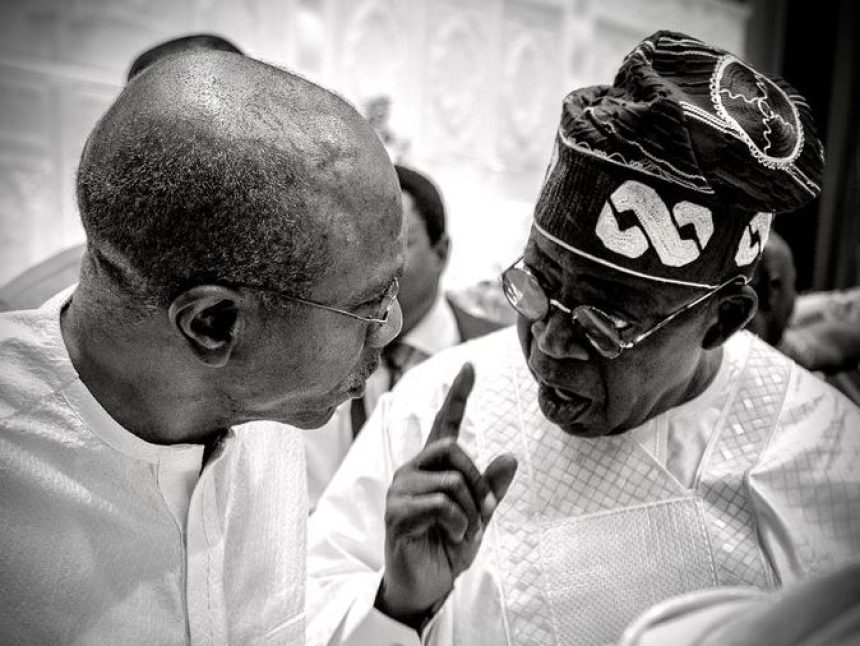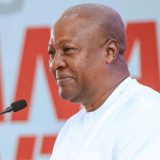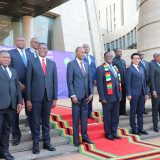Foreign investors rejoiced at the Central Bank governor Godwin Emefiele’s suspension late last week after he oversaw many exchange rates that failed attempted to maintain the naira strong, which led to a big increase in Nigeria’s sovereign dollar-denominated bonds.
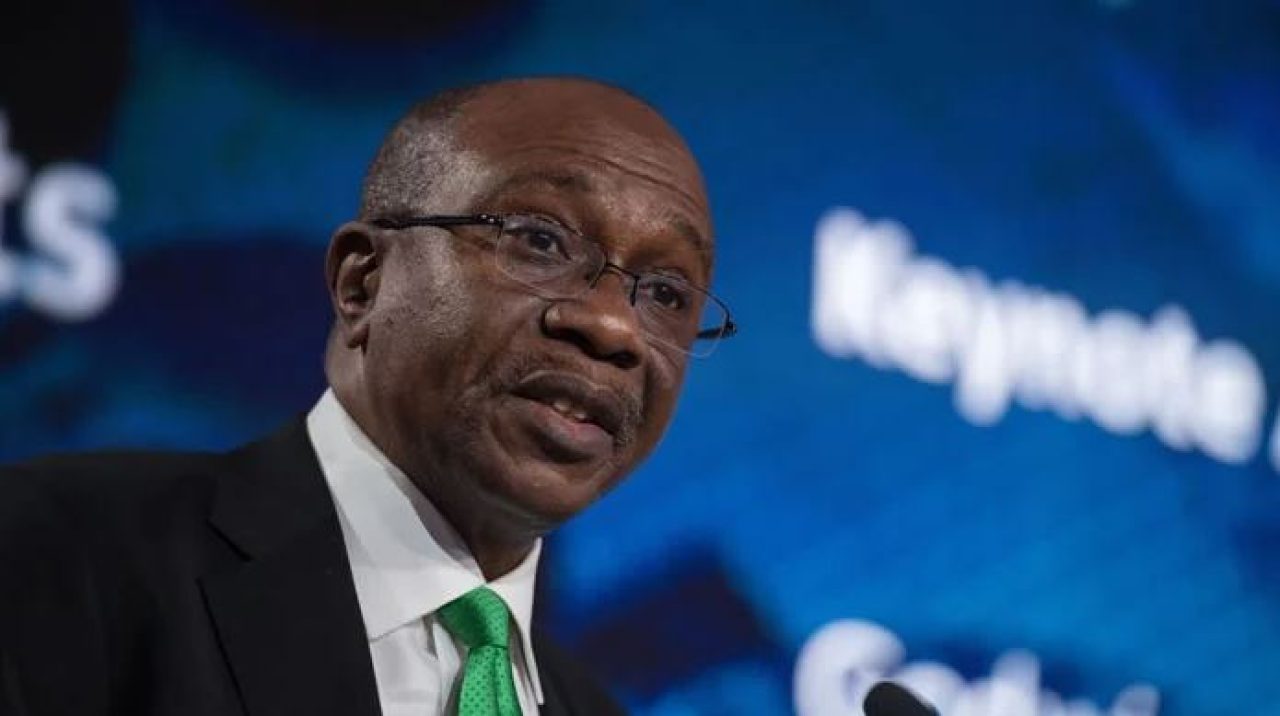
According to the Reuters news agency, the price of the West African oil producer’s eurobonds increased on Monday by as much as 2.6 cents in the dollar before easing somewhat. Many of the issues reached their best values since late January.
The 2049 maturity, which was up 2.353 cents to 80.231 at 07:46 GMT, was the longest-dated maturity to see the largest gains.
Due to severe dollar shortages, many Nigerians are turning to the black market, where the naira trades for far less than the country’s official exchange rate.
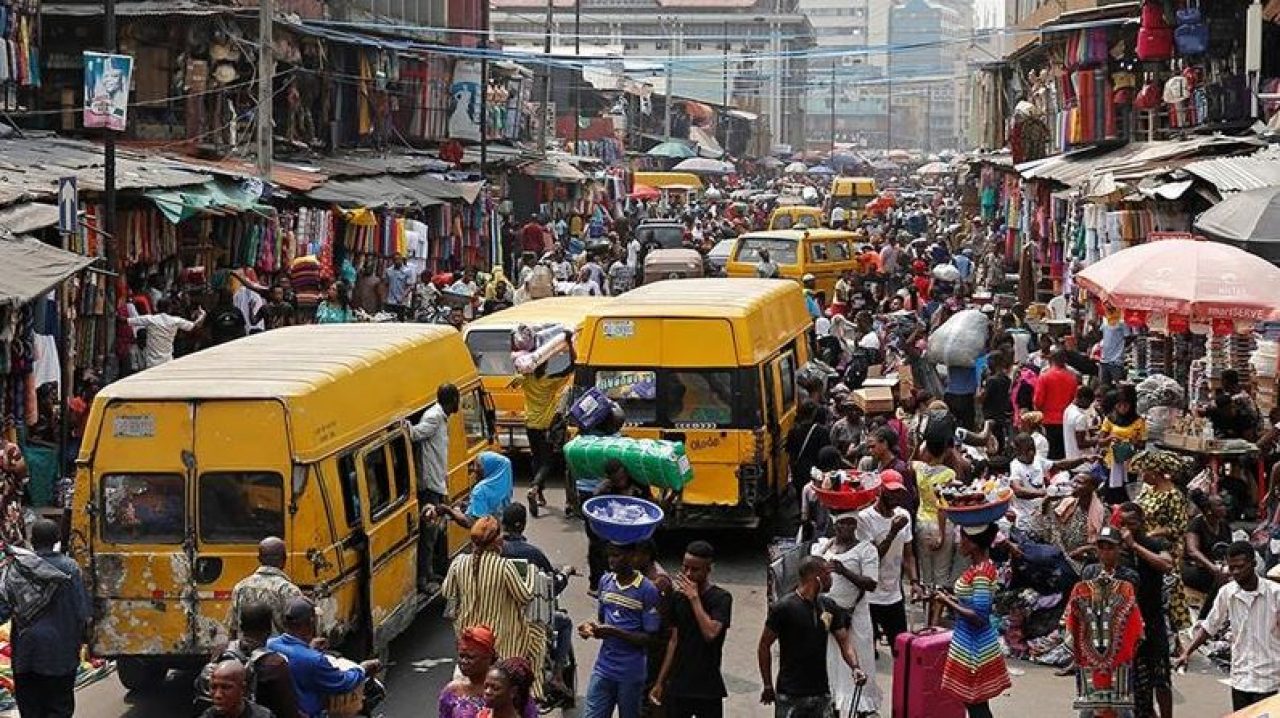
“We believe the changes signal a new era of focused, predictable monetary policy and a shift towards non-interventionism in the foreign-exchange regime,” Barclays economist Michael Kafe said in a note to clients on Monday about the suspension of the Central Bank chief.
Tinubu, who has promised to reset Nigeria’s ailing economy, has also removed a fuel subsidy and promised to consolidate the multiple exchange rates.
“The haste with which the newly appointed president has begun to tackle the country’s economic challenges (e.g. the immediate removal of the fuel subsidy…) suggests that he is keen to pursue all the difficult reforms at the early stages of his term,” Kafe wrote.
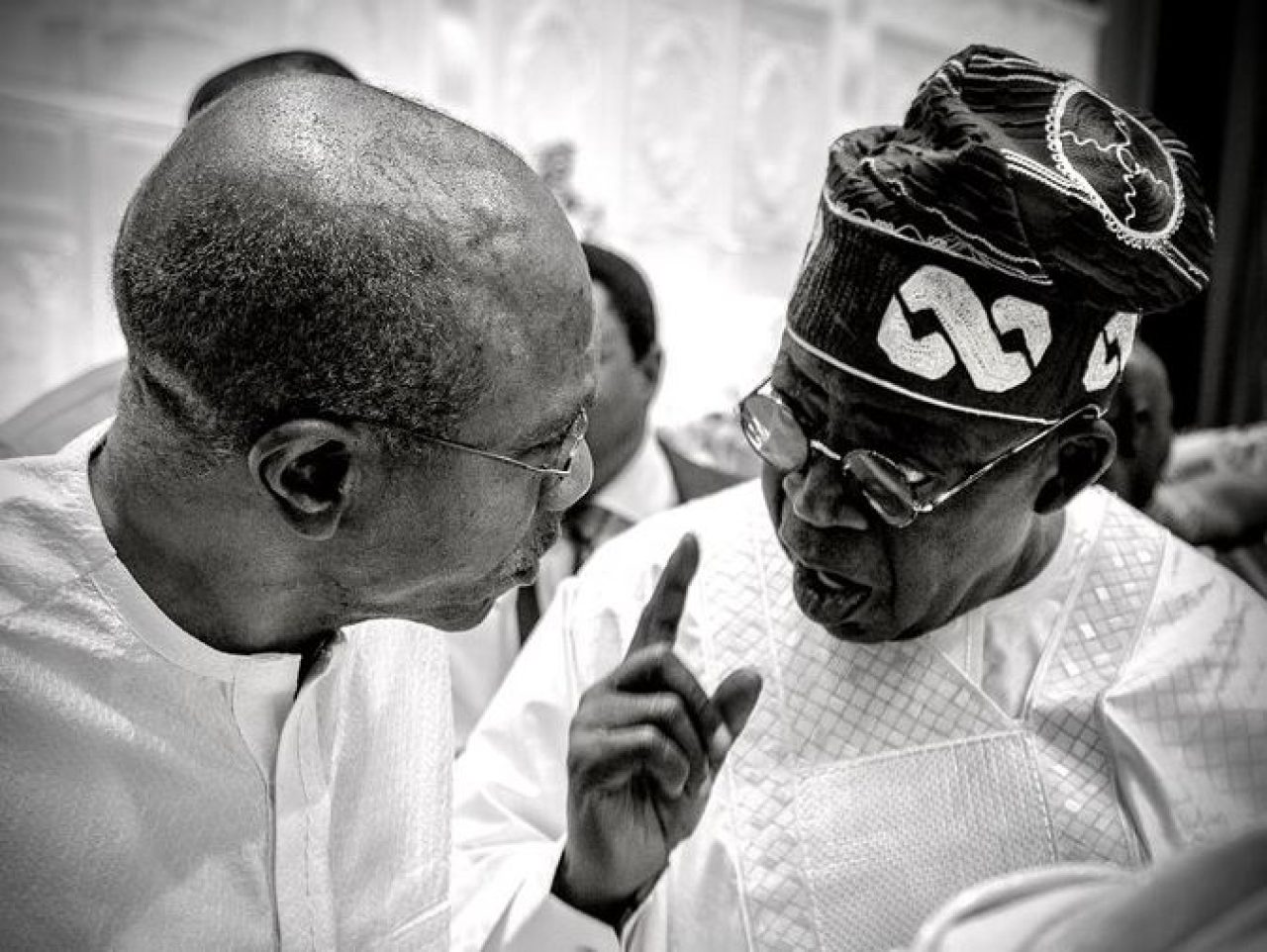
A deputy governor named Folashodun Shonubi has been given temporary leadership of the Central Bank. Police announced on Saturday that the temporarily suspended governor is now in jail and being looked into.
Emefiele’s arrest for alleged “terrorism financing” was halted by a court order in December due to a lack of proof, according to the order. If the arrest over the weekend was related to the same charge is still unknown.
